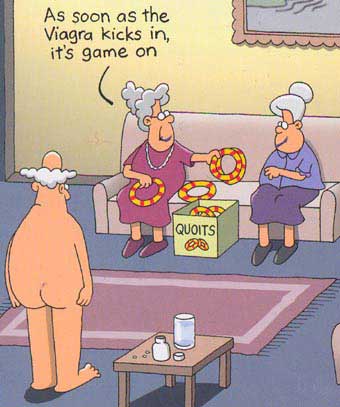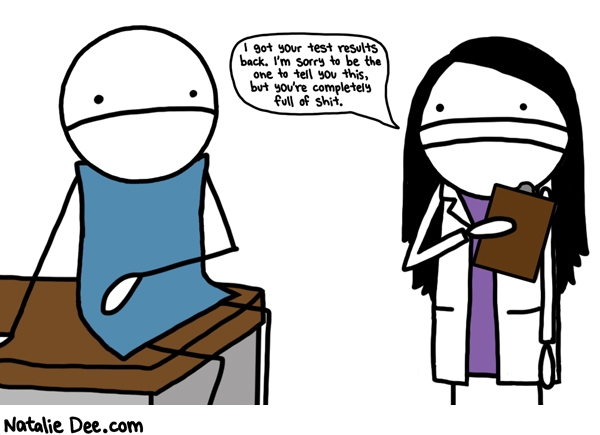Yesterday I worked the 9p-4a while incredibly sick and training a new hire. I've been in the ER now for a little over a year and a half, things that used to shock me no longer do. Sometimes I forget these new hires have never seen any of this stuff before which prompts me into telling "my first...so on so forth".
Last night we had a full code come in, that was not a first for me, nor was the patient dying. What was my first was the first time I had ever seen my ER in such chaos. We had literally 30 seconds from when they called the code to the paramedics wheeling him in. Normally there is a few minutes to get resp therapy down, meds, crash carts, xray and bodies in the room ready. There was none of that last night, it included me running around and grabbing stuff for my doc while the chaos unfolded around us. I typically stay silent, invisible and in the background. Last night I wasn't. That kind of chaos makes me anxious.
My new hire stood and watched, doing what I normally do, dutifully taking notes and making the chart. Stone faced, taking the situation in. While it was not my first death, it was hers.
After my doc called TOD and went to speak with the family I went and sat down with the new hire to discuss what happened and how to make the record. She looked at me with a face I can only imagine mine looked like after the same scene over a year before.
"That's the first time I've seen someone die."
There is not much you can to say to someone after their first experience with something like this other than share your story.
The first time I saw someone die was surreal. We had gotten the call for a full code and were in the room ready for what was to come. The man came in on auto-pulse...an automatic CPR device that mechanically heaves the chest in and out. The team went to work while I stood in the corner, alone, and observed. The first thing I noticed was that his face was blue. Cyanotic is what it's called, from the lack of oxygen bound to the hemoglobin. I didn't believe that people could be blue, I was wrong. The organized chaos around him pushed epi and atropine, gave CPR, pumped the ambu bag. It was speculated he took long acting cardiac medicine because he would code, come back, code, come back, code, come back.....it went on for an hour. Zombie-like almost.
I always thought my reaction in this situation would be adrenaline, wanting to do everything I could to save him. Except my brain didn't think that way. The first thing I did was pray. I'm not a religious person and that was my initial reaction. It wasn't even praying for him to live. I prayed that it would end. Some sort of resolve, either way, as long as it stopped. The team rushed around diligently trying to save his life, walking the tightrope between life and death. He lay there, perfectly still except for the rise of his chest as a tech did compressions. I stood perfectly still in the corner. Him and I were the only two not moving. He was alone in a crowded room and I was the spectator. All I wanted to do was hold his hand. Make this whole thing easier, show him that regardless of the turnout someone had his hand through it. He died an hour after he was wheeled in.
I remember coming out of room 35 stoic, sitting down and taking a deep breath before the gravity of the situation hit me, that I had just witnessed one of the most intimate and solitary moments of life. Death.
The ER is an unique place. From childhood we are taught to think before we act. Weigh our thoughts, our heart and our head, make the best choice. Life in an ER does not work that way. It's reactive. It pulls out the most raw emotions, thoughts and feelings from ones being. You have to think quick, process immediately and do. I have learned more about myself in the last year and a half than I have in my entire life.
I tell this story to my new hire as her eyes get red, either from exhaustion or emotion...maybe both. I explain to her that people dying does not get easier or better, or even less tragic. It gets less shocking. I know she was dealing with her own emotions, and she'll figure out how to handle it. Or she'll leave the ER.
While I can't remember every person who has died, every single one leaves a mark. I become more humble, I appreciate my life a little bit more and I remind every person in my life how much I love them. I'm thankful for that.

